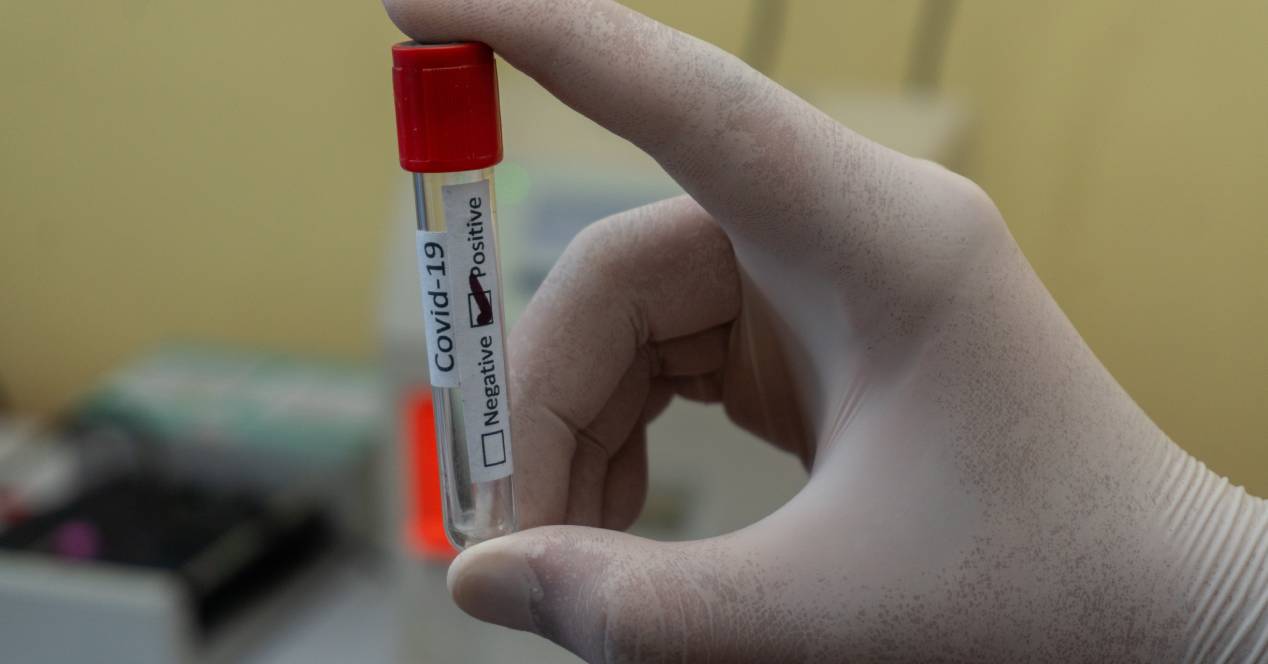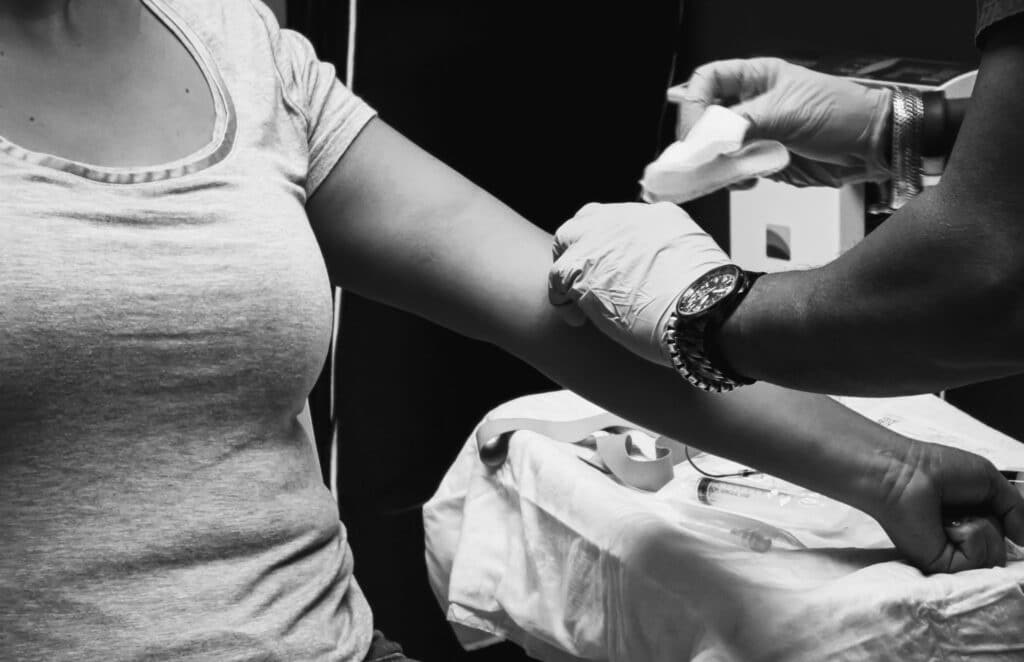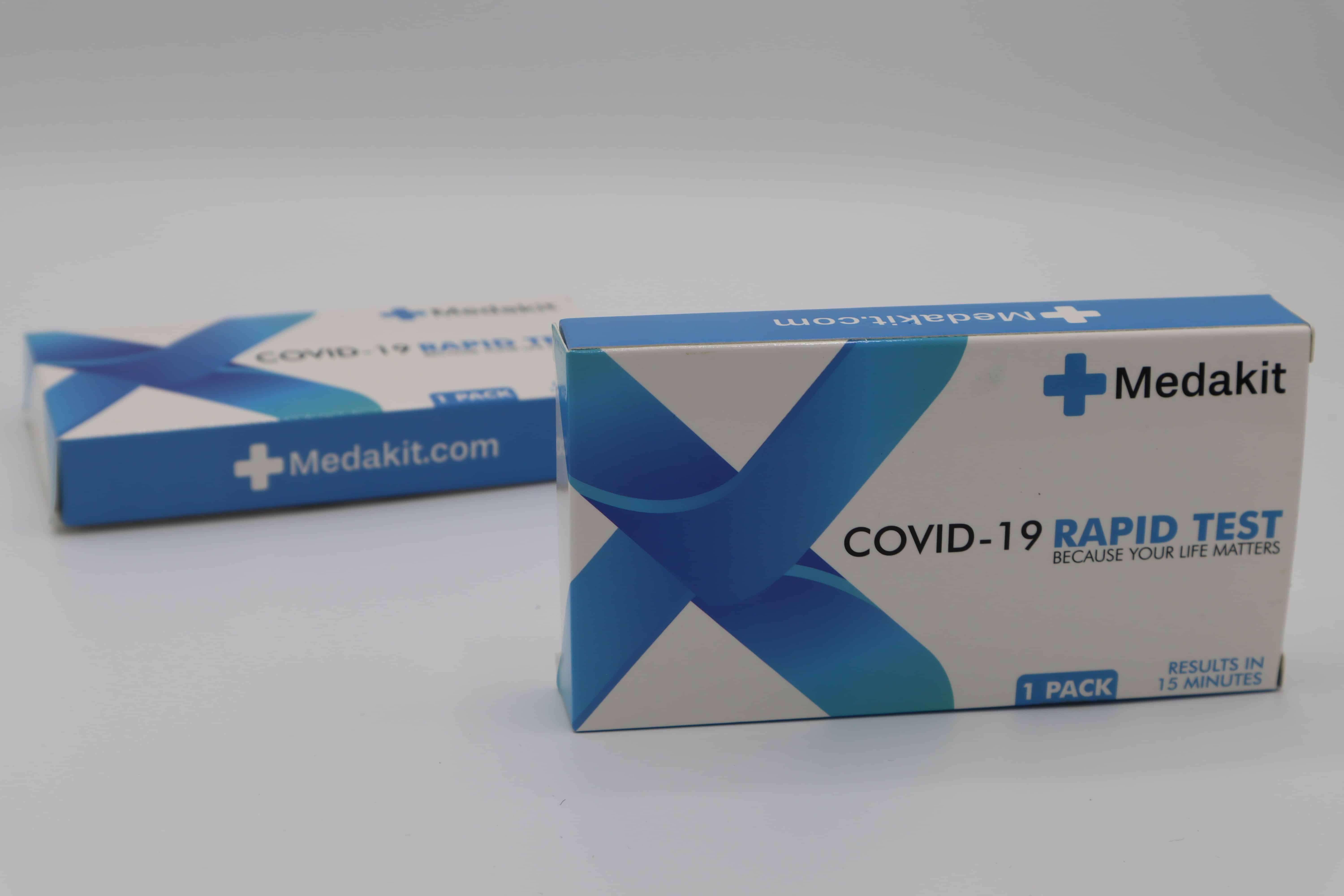
Testing for COVID-19 may be the most crucial step we can take as a society to slow the spread of SARS-CoV-2, the virus that causes coronavirus.
Testing is important so that we can have public health measures in place to prevent people from getting infected in the first place. A large proportion of people with COVID-19 are asymptomatic at this time. We need to be able to identify those people and have measures in place to prevent them from infecting others, especially since there are no vaccines.
6 situations in which you should take a COVID-19 test
you have symptoms
People who have symptoms of the new coronavirus are a priority to get tested.
Contact your doctor before taking a test if you suspect you have COVID-19. If your symptoms are mild, your doctor may ask you to wait. And if you do get tested, you'll need to take extra care to avoid spreading the infection.
But being symptomatic isn't the only reason to get tested for coronavirus. If you live in an area where testing is available, here are other times when it's appropriate, even necessary, to get tested.
You have had direct contact with someone positive or symptomatic
If we know anything at this point, it's that SARS-CoV-2 travels with extreme speed and efficiency.
This is definitely the most important criteria. If you've been in contact with someone who has actually tested positive, absolutely, absolutely, yes, you should look into getting tested.
The same is true if a person has symptoms but has not been tested.
This could be especially important as more and more workplaces open up. And if testing is plentiful, you might also consider getting tested for the second degree—that is, if you've been in contact with someone who has been in contact with someone else who has tested positive or has symptoms.
Don't get tested too soon
If you take the test too soon after you think you've been exposed to COVID-19, you may get a false negative result. That is, the test result will be negative, when you actually have the virus. The chances of having a false negative are higher the closer you are to the date of infection.
In most people, the viral load rises within reason between three and five days after infection.

You work in a high-risk profession
This could include medical care or a nursing home.
If you're working in a situation where you have high contact with sick patients, it's also imperative to get tested regularly. People who work in healthcare are considered a high priority because they come into contact with vulnerable populations.
You want to see a high-risk family member or friend
This could mean anyone 65 and older, as well as people with underlying health conditions like heart disease and diabetes, along with diseases that weaken their immune systems, like lupus.
If they are infected, it could cause the infection to get out of control. You should also get tested if you are the caregiver of someone at high risk.
Since the tests are so accurate, you should also monitor signs and symptoms. Symptoms appear about five days after exposure to the virus, and most patients see symptoms within 12 days, according to a July 2020 article in the Journal of the American Medical Association (JAMA).
you've been in a crowd
Ideally, you shouldn't be in any kind of large crowd or gathering. It is very important not to be in a crowd at this time. But, if for some reason you have, get tested if you can. This is regardless of whether you know of anyone else in your group who develops COVID-19.
You probably don't know everyone in that crowd and you don't know what their practices are. Up to half of all transmissions can be through people without symptoms, according to a June 2020 study published in the Proceedings of the National Academy of Sciences.
You have a scheduled surgery or medical procedure
Actually, this could be out of your hands. Most facilities these days recommend coronavirus testing before a procedure or surgery. Once you have a negative result, you can enter. The Anesthesia Patient Safety Foundation recommends that all patients be tested for SARS-CoV-2 before non-emergency surgery.
What to do while you wait for the test results?
shelter at home. Some test results will be available in 48 hours, but many take a little longer.
while you wait, you should isolate and quarantine. You also shouldn't visit high-risk people, even if it's just to deliver food. And it definitely means avoiding the crowds.
The test is only as good as your behavior. If you've been tested today and you're still going outside without wearing a mask, going into high-risk settings, you risk actually getting infected afterwards. Therefore, the results would not be an indication of your current state.

What types of COVID-19 tests are there?
The gold standard for detecting possible active COVID-19 infections is the reverse transcription polymerase chain reaction (PCR) test.
All the PCR tests they vary slightly, but all involve nasopharyngeal swabs, which means obtaining a sample from the area inside the nose and the back of the throat. Some collect samples from inside the nose. It is also the most uncomfortable as the swab makes a deep dip. Fortunately, it only lasts a couple of seconds.
The "mid-turbinal swab" does not penetrate as far, but may not be as accurate. There are also new antigen tests to diagnose COVID-19. The tests look for proteins on the surface of the virus, but these antigen tests are not widely used.
The test results are only as good as the sample
The collection of samples is key to carrying out the test as long as your doctor is properly trained. Many testing sites require you to take your own sample, which could be somewhat iffy.
You probably won't be getting a deep smear. The same goes for home test kits. All samples go to a lab for results. There are approved rapid-result tests, but they are not widely available and it is not clear how accurate they are.
What about antibody tests?
Antibody tests are different from PCR diagnostic tests for SARS-CoV-2, and are not used to diagnose COVID-19.
Antibodies are produced when your body mounts an antibody response to an infection. That means antibody tests tell you if you've had COVID-19 in the past, but not if you have a current infection. Antibodies can take one to three weeks to develop after you have been infected.